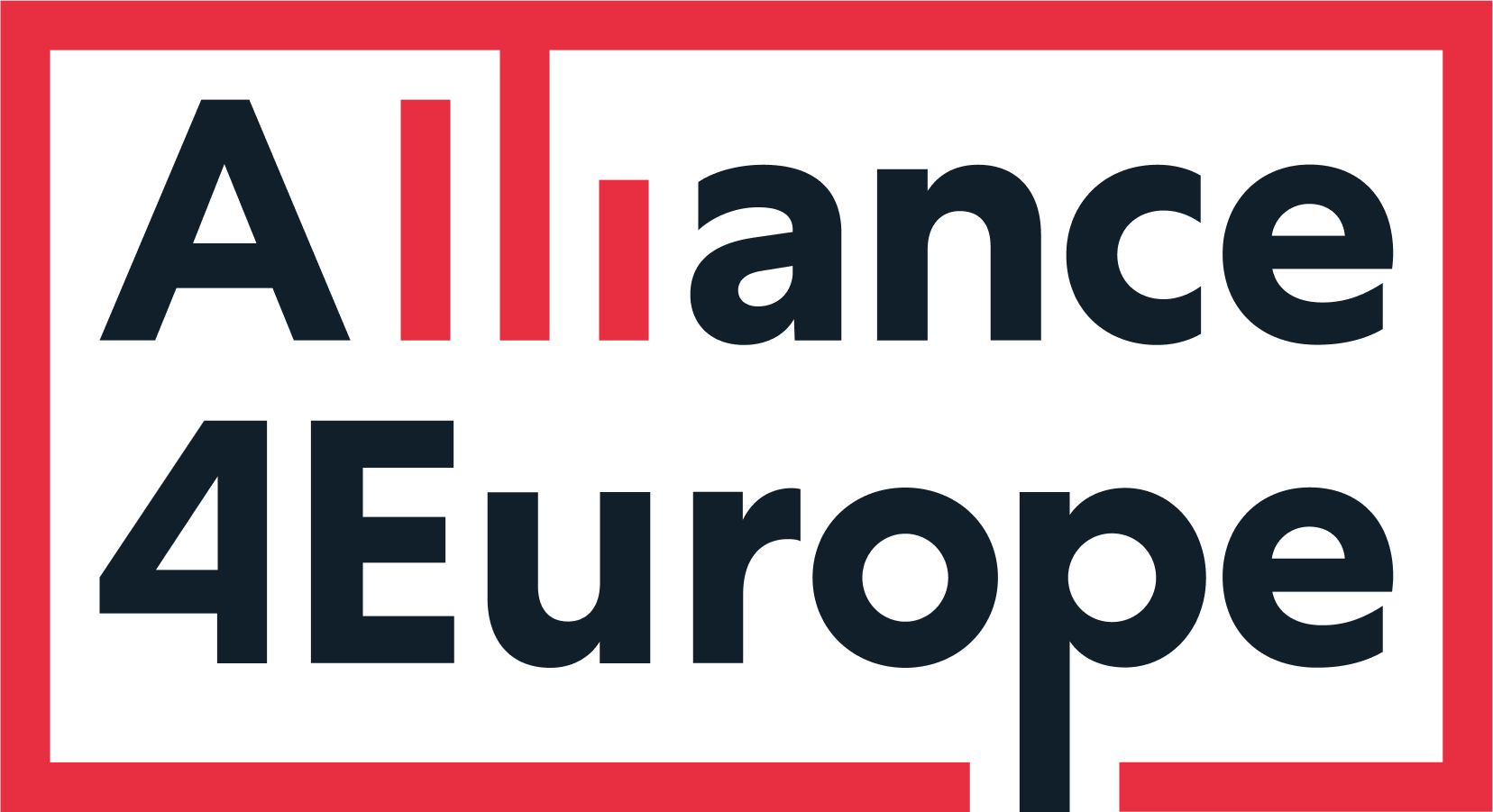The new US president tours Europe, and the need to abolish national vetos on EU policy becomes ever clearer.
As Joe Biden arrives in Brussels on his European tour, he will try to meet with the EU. The European side will be represented by Ursula von der Leyen and Charles Michel, two of the bloc’s co-Presidents. The three no doubt talked about all the pressing issues of our time, including climate change, engagement with China, and investment in emerging tech. But none of those are issues where the EU institutions have direct power. Rather, the words of both these presidents hang by a thread. Whatever they would want to say or do, on many of the most desperately urgent issues in the world today, those that really matter to us all, they can be vetoed by any head of government in the EU. And in the world we live in now, that will no longer do.
German foreign minister Heiko Maas stuck his head above the parapet and spoke out on this, calling to end the veto powers that prevent the European Union from taking action on foreign affairs. “We can’t let ourselves be held hostage,” he said. And he was right.
As the journalist Roman Protasevich, who was kidnapped traveling in the EU, is still being held hostage, that message is loud and clear. The EU’s inability to act on the international stage does harm to people day in and day out. Whether they are Europeans living in the EU, refugees losing their lives trying to make their way in, or neighbours who aspire to peace and democracy.
The absence of EU capacity to act is by no means a new issue, it goes back many decades, as early as Eisenhower’s time setting up NATO, and Kissinger looking for his famous phone call. What has changed is that in this ever more fragmenting world, perhaps the penny is starting to drop for certain European leaders who see their own national and political interests thwarted by EU paralysis. For the German government to accept being potentially outvoted in order to abolish the veto is a major step forward.
Meanwhile, the EU’s chief nationalist villain, Viktor Orban, has dismissed the EU’s foreign policy statements as a “laughing stock”, and the pointless declarations of a “paper tiger”. Unfortunately, he is not all that wrong, and democratic European leaders should pick up the gauntlet.
The abolition of the veto should also lead to more ambitious European action for democracy. We have seen the coming into existence of the new baffling and ineffectual foreign policy budget under the farcical title of the “Neighbourhood, Development and International Cooperation Instrument (NDICI)”. This mish mash dumping ground of policies has reduced the EU’s scope for action at a time when it is most needed. The EU needs to greatly increase its spending power, and target its power more strategically, with greater oversight from the Parliament, and with an increased priority for democracy and human rights.
It does need to start dawning on national leaders that their nation states, or their political careers, will not survive without an effective European Union. Sooner or later, politicians from across the continent and the political spectrum will see that an EU unable to defend European interests will be unable to protect national interests, not to mention the people living in Europe.
The louder and more persistent the voices on this get, the closer we will get to positive change. Leaders in larger member states have that much more weight to pull in the debate, as do pro-European campaigners. Now is a good time to keep hitting that message home.
Written by Omri Preiss & Benjamin Zeeb
Photo: Jonny Weeks/AFP/Getty Images
